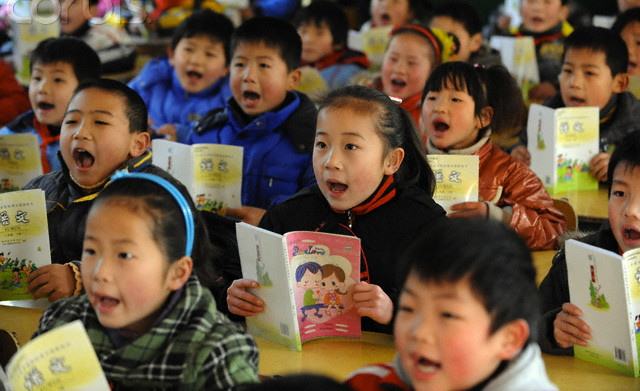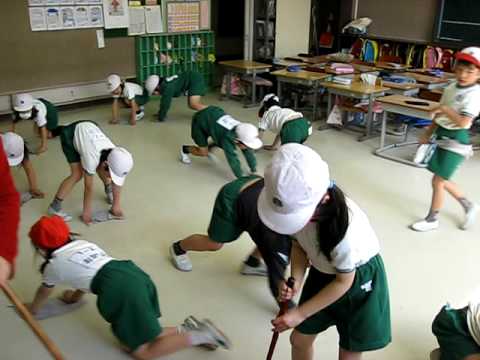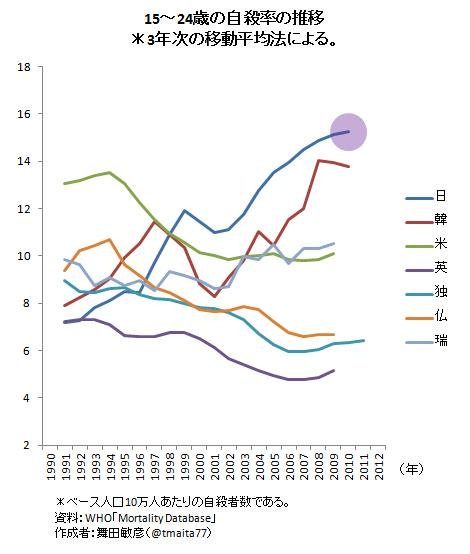Is Education In the Far East What It’s Cracked Up To Be?

I’ve spent
most of my adult life examining the deficits of US education and tenure is one
of the strong nails securing its coffin, as reported in The Heartland Institute blog:
“In many districts, simply recommending a tenured teacher for dismissal takes
at least two years because the district must document both the teacher’s weak
performance and its attempts at remediation, which may be indefinite in practice…”
A result of our bad policies seems to be that
U.S. math test scores often seem quite low compared to those of China. But
there’s a little-known fact explained in Christopher Tienken’s chapter in Common Ground On
Common Core: China carefully
selects which math scores it submits for international comparison, whereas the
U.S. includes everyone’s.
I’m not saying education is hunky-dory here, but let’s compare apples to apples.
It also makes me wonder about the scores emanating from some of the other
countries!
Cheating seems to be de rigeur in Chinese culture – you can see one of the devices used
to prevent it in our cover image to this post in which Chinese students are
taking a test while wearing blinders, like a horse.
But even presuming that many Chinese students rigorously study and actually
score well on these tests, do they end up with the skills to perform well at
work?
Peter Gray suggests otherwise in “Be Glad For Our Failure To Catch Up With China In Education.”
He says: “their system is quashing creativity and initiative, with the result that it produces decent bureaucrats and number crunchers, but very few inventors and entrepreneurs.” “Jiang Xuaqin, director of the International Division of Peking University High School, wrote this in the Wall Street Journal: ‘The failings of a rote-memorization system are well-known: Lack of social and practical skills, absence of self-discipline and imagination, loss of curiosity and passion for learning. … One way we will know when we’re succeeding in changing our schools is when those PISA scores come down.’”
Now that’s quite an amazing statement!

The Japanese, too, are diligent in school and score high on tests. According to researchers Richard Lynn and Tatu Vanhanen, they score in the top for IQ (all top six are Asian Tiger countries).
Japan is remarkable for its rise from the ashes of World War II to become the second largest economy by 1965, a mere 20 years! It’s strong work ethic no doubt facilitated that.
Their dedication to beauty can be seen everywhere, from its gorgeous gardens to its serene temples and pristine subway stops. Likewise, they’re lauded for their dedication to education, their high scores and cleanliness!
Above, you can see their common practice of assigning cleaning responsibility to the students – which is similar to that in Montessori classrooms where it is used to instill a sense of ownership in the student’s environment.
But many American parents would be appalled by native Kantara Hanawa’s description of the myriad ways in which the Japanese get their children to strongly conform to a collectivist culture. No part-time jobs, no travel without permission of the authorities, no dating, and no unapproved routes to school! Furthermore, physical punishment may be meted out for wrong math answers. The nail that sticks up will be pounded down.
Tragically, the enormous amount of social pressure in this society leads to a high rate of suicide if the child doesn’t perform up to expectations. The chart below shows suicides for individuals ages 15-24. Japan is the blue line, the U.S. is the green line.

Moreover,
while the Japanese have a genius for small improvements, they have a deficit of
world-changing innovation on the scale of Thomas Edison’s, Steve Jobs’s, or
Jeff Bezos’s.
American individualist culture fuels innovation 7 times that of any other country,
according to Ed Conard, author of The
Upside of Inequality: How Good Intentions Undermine The Middle Class and one of Bain Capital Management’s founders. He reports
that America has middle class incomes 15-30% higher than the rest of the world.
The moral of the
education story is: just as actions speak louder than words, you can teach all
the knowledge in you think is critical, but the way you teach molds the child far more than the content.


There are no comments